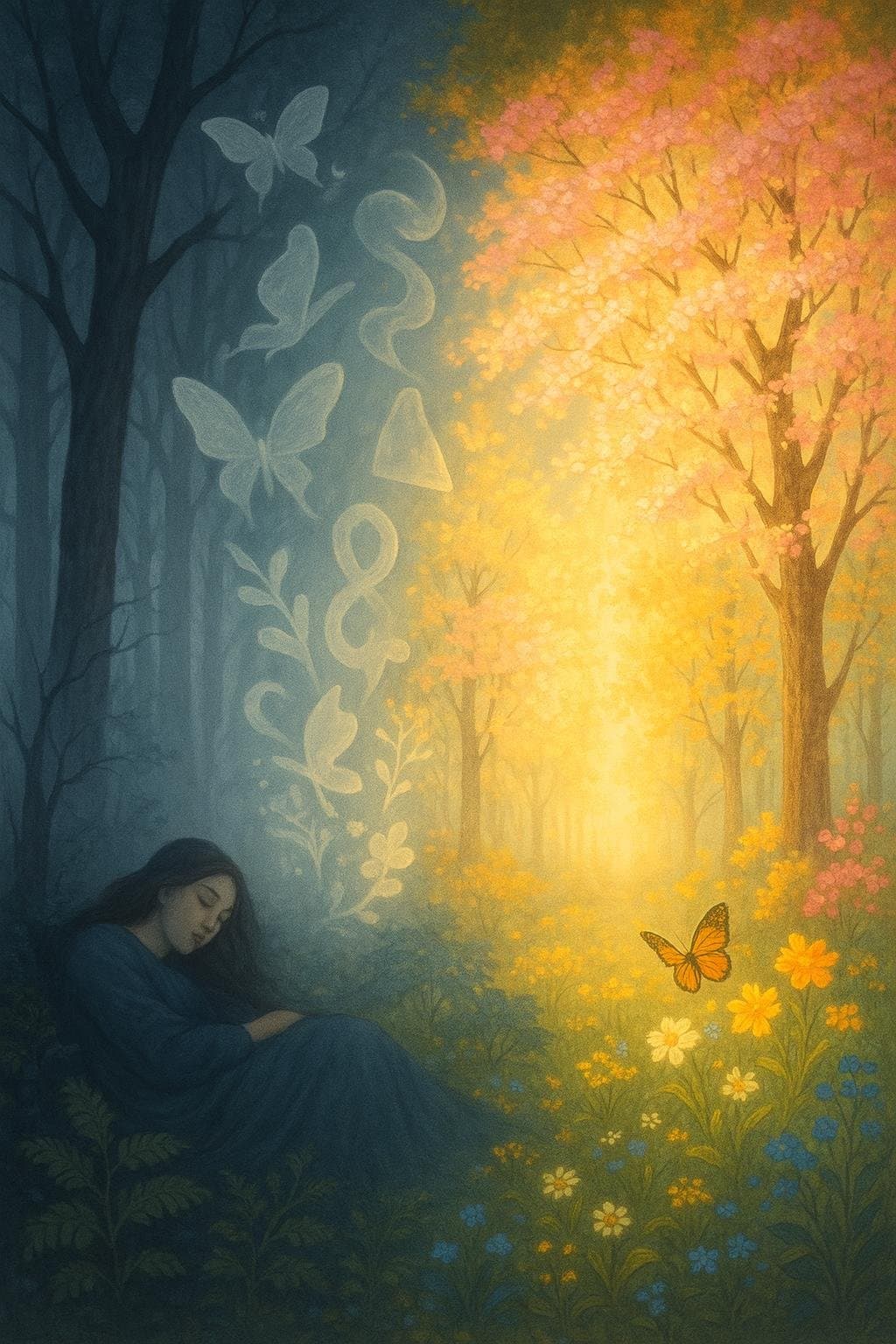Dreams Die When You Wake, But Action Revives Them — Clarice Lispector

Dreams die when you wake, but action revives them. — Clarice Lispector
—What lingers after this line?
One-minute reflection
What feeling does this quote bring up for you?
The Fragility of Dreams
Lispector suggests that dreams—our nocturnal hopes or daytime aspirations—are ephemeral, vanishing in the harsh light of reality. Like Coleridge’s 'Kubla Khan' (1816), inspired by an interrupted dream, the fleeting nature of inspiration is a recurrent literary motif.
The Role of Action
Action is portrayed as the life force that brings dreams from abstraction into existence. Thomas Edison is quoted as saying, 'Genius is 1% inspiration and 99% perspiration,' illustrating that mere vision is insufficient without effort and execution.
Bridging Imagination and Reality
Lispector’s line highlights the gulf between imagination and the world as it is. The anecdote of J.K. Rowling, who wrote 'Harry Potter' while struggling as a single mother, exemplifies how persistence and action transform private dreams into global phenomenon.
The Psychological Power of Hope
Psychologically, the cycle of dreaming, awakening, and acting underpins motivation. Viktor Frankl in 'Man's Search for Meaning' (1946) describes how hope can survive adversity only when supported by determined action.
Recurrent Themes in Lispector’s Work
Lispector’s characters often experience existential longing, but through decisive choices—however small—they reclaim agency. In 'The Hour of the Star' (1977), the protagonist’s acts, though modest, shape the meaning of her existence.